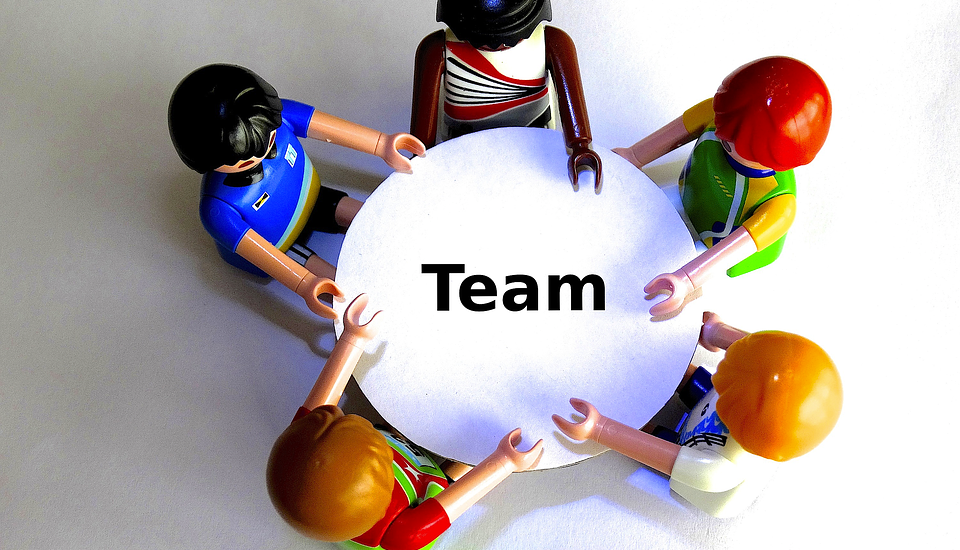- February 20, 2015
- Posted by: gstar
- Category: Leading

If you work with teams on their effectiveness and performance then there are some standard tools in your tool box. MBTI gets you into decision-making preferences. Belbin’s great on roles and contribution. Simple models – like Bolton and Bolton’s – help with communication style and influencing. But top teams are different. They need something more.
Top teams have to lead the organisation, not just deliver a project or fulfil a function. They’re full of strong, successful, often competitive characters who have personal responsibility for the delivery and quality of a major chunck of the business. Teamwork may not come naturally to them nor seem that high a priority. But unless there is unified leadership, turn-arounds, cultural change, or strategic shifts don’t happen.
When the pressure is on, teams can fragment. A top team that I am working with is reeling from delivery pressure and a sharp staff engagement survey, looking to make a strategic shift and instill new behaviours to support that shift. What do they need? Four things have emerged as vital: trust, courage, skill and belief.
Trust in the integrity, competence, value and intentions of their fellow team members. This means that, even if others’ priorities and preferences are different to yours, and their actions peverse (to you), you can look beyond the behaviour and find common cause.
Courage, because this stuff can be personally challenging. Conflict is inevitable (desirable even). It will get emotional (even if some like to pretend it isn’t). And it might feel easier to let things go and hope they’ll improve. They won’t , so stepping up is necessary.
Skill, because becoming a top top team depends on the quality of the conversations you have: harnessing your trust and courage to listen and speak well. These are the top skills for top teams: insightful listening, fuelled by a spirit of inquiry; and powerful advocacy, driven by the desire to be properly understood.
And belief, because this stuff is hard and the outcome has to justify and inspire the investment. So you have to believe in the prize, in what you can achieve and create together. It takes full commitment to take on corporate leadership, grounding your vision and values by modelling the behaviours they imply.
A heady cocktail: trust, courage, skill and belief. And trust is the spirit that gives it its power.

